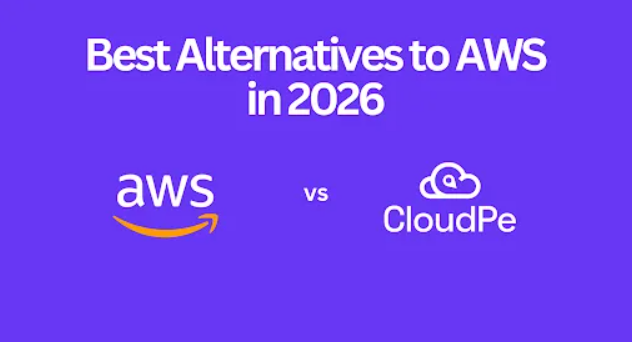Exploring Viable AWS Alternatives for Modern Cloud Needs

Cloud computing has reshaped how businesses manage infrastructure, data, and applications. While Amazon Web Services (AWS) remains a dominant player, many organizations are evaluating aws alternatives to meet specific requirements such as cost-efficiency, data compliance, or localized support. The growing landscape of cloud providers offers diverse options that allow companies to tailor their IT strategy without being tied to a single ecosystem.
One key consideration when exploring AWS alternatives is pricing flexibility. AWS provides a wide range of services, but costs can escalate quickly with large-scale deployments. Alternatives like Google Cloud Platform (GCP) and Microsoft Azure offer competitive pricing models that may better align with budget constraints, especially for startups and mid-sized businesses. Some providers also offer transparent, usage-based billing without hidden fees, helping organizations forecast expenses more accurately.
Another factor is regional availability and compliance. Companies handling sensitive data often require data centers within specific geographic locations. Providers such as Oracle Cloud, IBM Cloud, and regional players in Asia and Europe offer localized data centers that comply with regional regulations, giving businesses more control over their data governance. Choosing an AWS alternative with robust regional presence can ensure legal compliance and improve service reliability.
Performance and scalability are also critical. Providers like DigitalOcean, Linode, and Vultr focus on simplicity and developer-friendly environments, offering scalable resources without the complexity of managing extensive services. These alternatives cater to businesses that prioritize ease of deployment, fast provisioning, and consistent performance for applications ranging from websites to containerized microservices.
Support and community are additional dimensions to consider. Cloud adoption requires not just technology but also guidance and troubleshooting. Providers with strong developer communities, extensive documentation, and responsive support channels can significantly reduce the learning curve and operational risks. For teams migrating workloads or integrating hybrid solutions, accessible support can make an AWS alternative a practical choice.
Overall, assessing aws alternatives involves a balance of cost, performance, compliance, and support. Evaluating options beyond AWS allows businesses to select a provider that aligns with their technical and operational goals while avoiding unnecessary overhead. With the growing number of capable cloud providers, organizations now have more choices to optimize their infrastructure and meet strategic objectives without relying solely on a single platform.
- Art
- Causes
- Crafts
- Dance
- Drinks
- Film
- Fitness
- Food
- Jocuri
- Gardening
- Health
- Home
- Literature
- Music
- Networking
- Alte
- Party
- Religion
- Shopping
- Sports
- Theater
- Wellness


